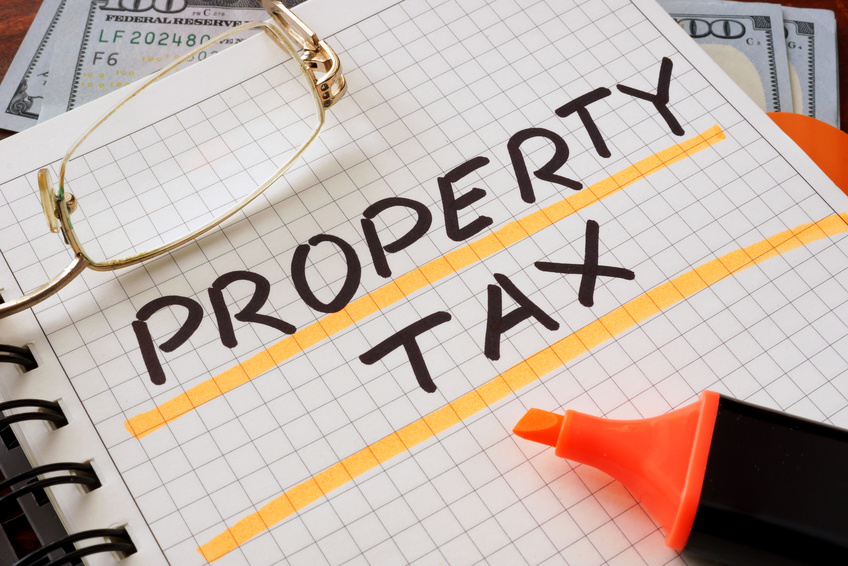 It is not uncommon, in the face of escalating costs to operate local government, for municipalities to scrutinize the relationship between purchase prices and the property tax assessments of commercial real estate in their annual search for additional sources of revenue. We are, in fact, witnessing a relatively recent but increasing trend where municipalities appeal their own tax assessor's assessments in an aggressive manner, and we expect this trend to continue. For this reason, purchasers of commercial real estate should be concerned about the effect of the purchase price on their property's tax assessment.
It is not uncommon, in the face of escalating costs to operate local government, for municipalities to scrutinize the relationship between purchase prices and the property tax assessments of commercial real estate in their annual search for additional sources of revenue. We are, in fact, witnessing a relatively recent but increasing trend where municipalities appeal their own tax assessor's assessments in an aggressive manner, and we expect this trend to continue. For this reason, purchasers of commercial real estate should be concerned about the effect of the purchase price on their property's tax assessment.
Assessors are prohibited from increasing assessments on properties which are sold and not revising assessments on properties which are not sold. This practice is referred to as the "welcome stranger" pattern of assessments, which the New Jersey Supreme Court has found unconstitutional. The Supreme Court held that these so-called "spot assessments" resulted in unconstitutional discrimination, the remedy for which is a rollback of the increased assessment to its previous level.
Municipalities typically defend a spot assessment claim by pointing to New Jersey's taxation statute, which requires assessors to determine, on an annual basis, the assessable value of each taxable property in the taxing district.
Thus, there is a tension between the assessor's duty to assess property annually at its full and fair value (assessment maintenance) and a property owner's right to be free from the imposition of an assessment increase for arbitrary or discriminatory reasons.
New Jersey's courts have held that assessment maintenance may be appropriate in limited circumstances only for legitimate non-sale reasons. These include the construction of new improvements; the assessment of a formerly exempt property; the conversion of an apartment building to a condominium; the adoption of vacancy decontrol; and subdivision.
 Furthermore, the Tax Court of New Jersey has held that a municipality's appeal seeking an increase in the assessment of an apartment complex, admittedly because it sold at a price indicating that the property was under-assessed, did not constitute an illegal spot assessment. The assessor advised the municipal attorney that the property had sold but did not increase the assessment. Because the purchase price could be used as cogent evidence of value, the municipality would likely obtain a judgment increasing the assessment in circumstances where the assessor would be prohibited from increasing the assessment based solely on the sale.
Furthermore, the Tax Court of New Jersey has held that a municipality's appeal seeking an increase in the assessment of an apartment complex, admittedly because it sold at a price indicating that the property was under-assessed, did not constitute an illegal spot assessment. The assessor advised the municipal attorney that the property had sold but did not increase the assessment. Because the purchase price could be used as cogent evidence of value, the municipality would likely obtain a judgment increasing the assessment in circumstances where the assessor would be prohibited from increasing the assessment based solely on the sale.
It is clear that increasing the assessment of a single property solely because it has been sold is an illegal spot assessment. It is equally clear that in an appropriate case there are methods available to a taxing district, such as assessment maintenance or filing an appeal, to circumvent the welcome stranger doctrine.
If you believe you are the victim of a spot assessment, or are required to defend an appeal by a taxing district seeking to increase your assessment, we encourage you to seek legal advice.
